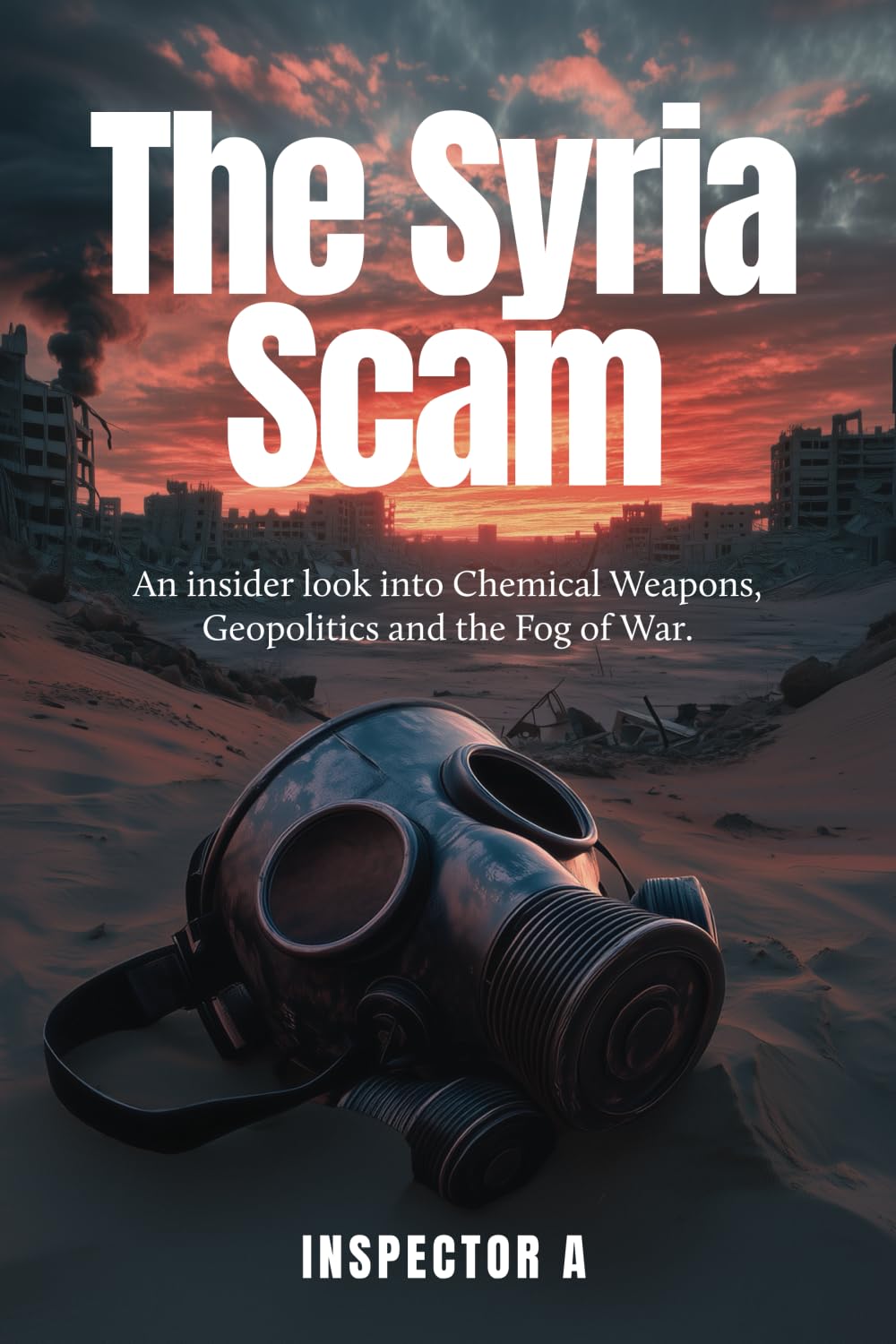I have written a few blogs on tariffs for Quadrant online and recently had a to and fro with a Roger Partridge who is the Chairman and senior fellow at the New Zealand Initiative. The New Zealand Initiative is a free-market think tank. Partridge describes himself as a Classical Liberal. All of this seems fine, more strength to them. However, as with Libertarians, Classical Liberals have a hang-up about free international trade.
My own views have altered. I used to be a free trader. Then again, I used to be on the left of the political spectrum. One sees the light, if one is fortunate. Old lefties are full of the silly ideas of their youth without the excuse of being youthful. It is pitiable really, if it wasn’t so tragic. And corrupting and damaging too, if they gain positions of influence. Anyway, back to trade.
It is not hard to describe the battlelines. Free traders trace their views back to economists such as Adam Smith, Frédéric Bastiat, John Stuart Mill, and David Ricardo. All names to conjure with. Ricardo developed the theory of comparative advantage which showed that trade was generally beneficial between two countries even when one was more efficient at producing all tradeable goods. “The most beautiful result in all of economics,” was how one contributor to the New Palgrave Dictionary of Economics described it.
Overall world production tends to be optimised when countries specialise in what they do relatively best, export their surplus production, and import what they need. Potentially, all countries can become better off. Tariffs get in the way; as, it should be clearly noted, do subsidies of one kind or another.
But – and it’s a big but – national life isn’t just about increasing prosperity, as important as that is. Among other things, it is about culture enriched by industrial diversity, and it is about security of supplies. Taken to a limit, free trade might mean that a country specialises in just one tradeable good and imports the rest. Of course that limit is unlikely ever to be reached. However, a country can be left with a very pared down manufacturing sector. Think of Australia and think of planes, ships, trains, buses, cars, white goods, electronics, clothing, footwear, toys, tools, medicines and so on into building materials like plate glass. All mostly imported. At some point, it is legitimate to ask whether untrammelled trade is too costly culturally and, also, in terms of national security, even if it brings monetary benefits.
When it comes to America the question is particularly pertinent due to its role of being the principal military defender of the West. America currently imports almost half of its aluminium supplies and is the biggest importer of steel. That might be costly if ever it came to war. As would its reliance on overseas supplies of medicines and medical equipment. Now when you put a mercantilist, unprincipled, growing military power into the mix, namely China, the plot thickens. What price free trade when it weakens America and strengthens China?
Personally, I believe that those who argue in support of free trade live out their theory in a world which possibly existed in the nineteenth century but exists no longer. They have a blinkered view. Oblivious to everything that matters except money. Trump is right in trying to restore traditional manufacturing in America. He is right in trying to make America much more self-sufficient in strategic materials and goods. He is right that a massive US trade deficit of USD1.2 trillion in 2024 is indicative of something going badly wrong. And he is right that import duties (effectively, the 10 percent tariff) might help reduce the unsustainable US budget deficit.
Whether his approach is without fault is another question. But critics should consider the fact that the house is on fire and not only is he is the only one doing something to put it out he is the only one with the guts to try to put it out. Constructive criticisms, fine. But booing and heckling from the sidelines is unbecoming.
Talking about unbecoming, reportedly Richard Branson said, “Mr Trump’s erratic policymaking had shattered business confidence…many Americans I know are very sad.” Hmm? How many American factory workers and coal miners does Branson know? Just wonderin’.
